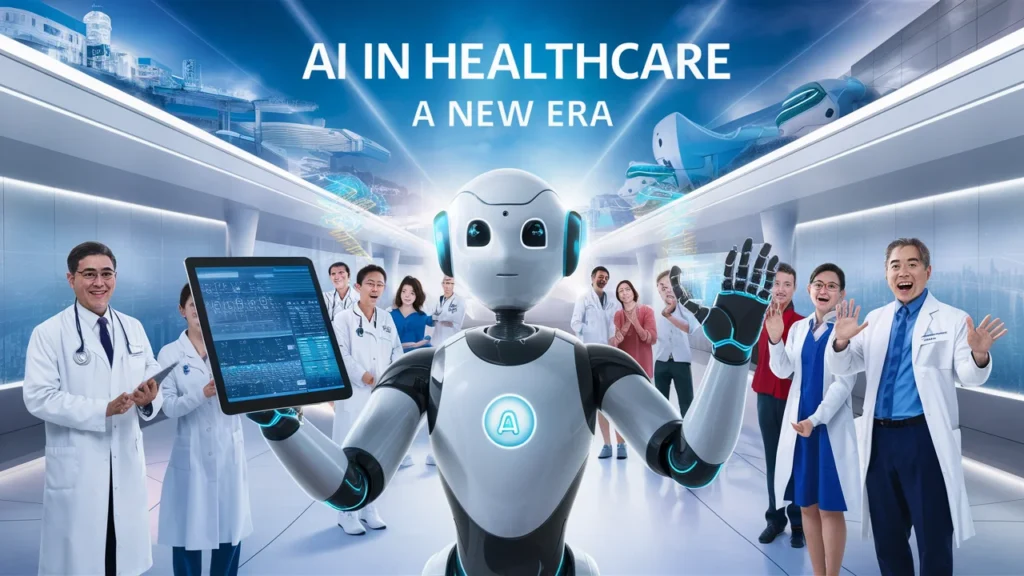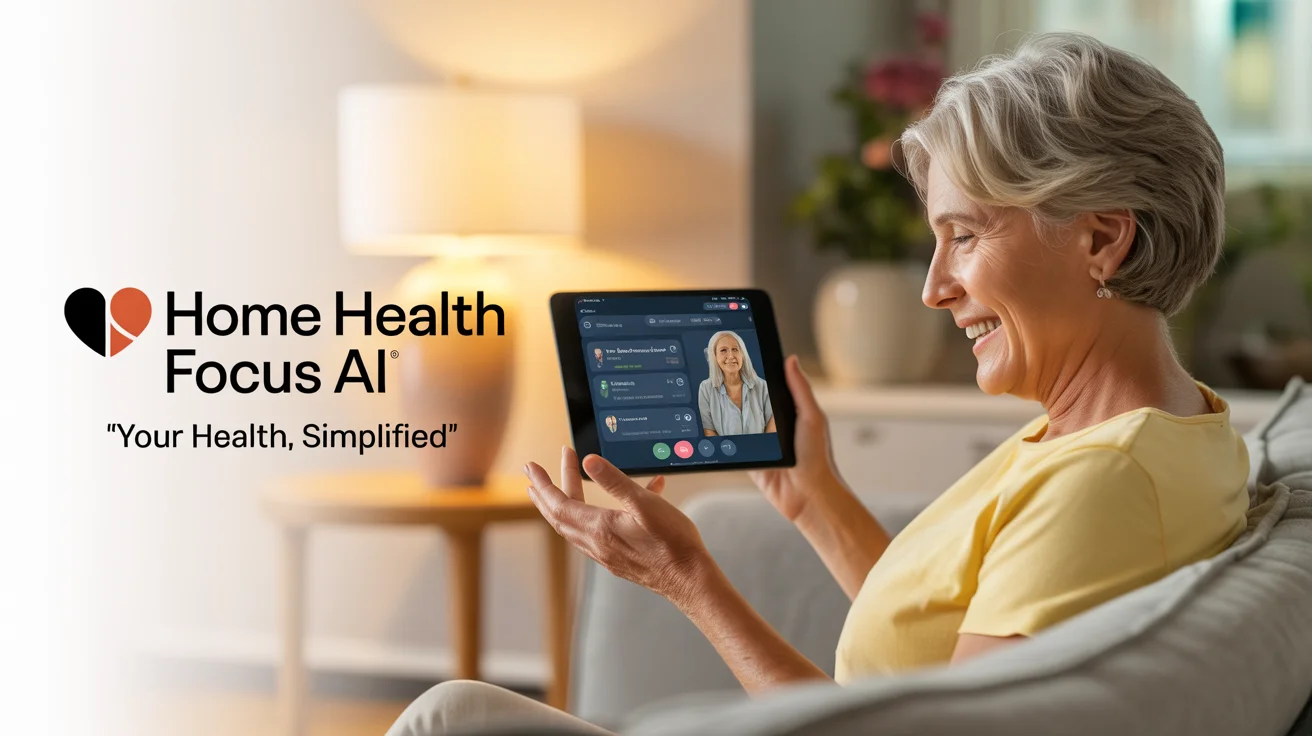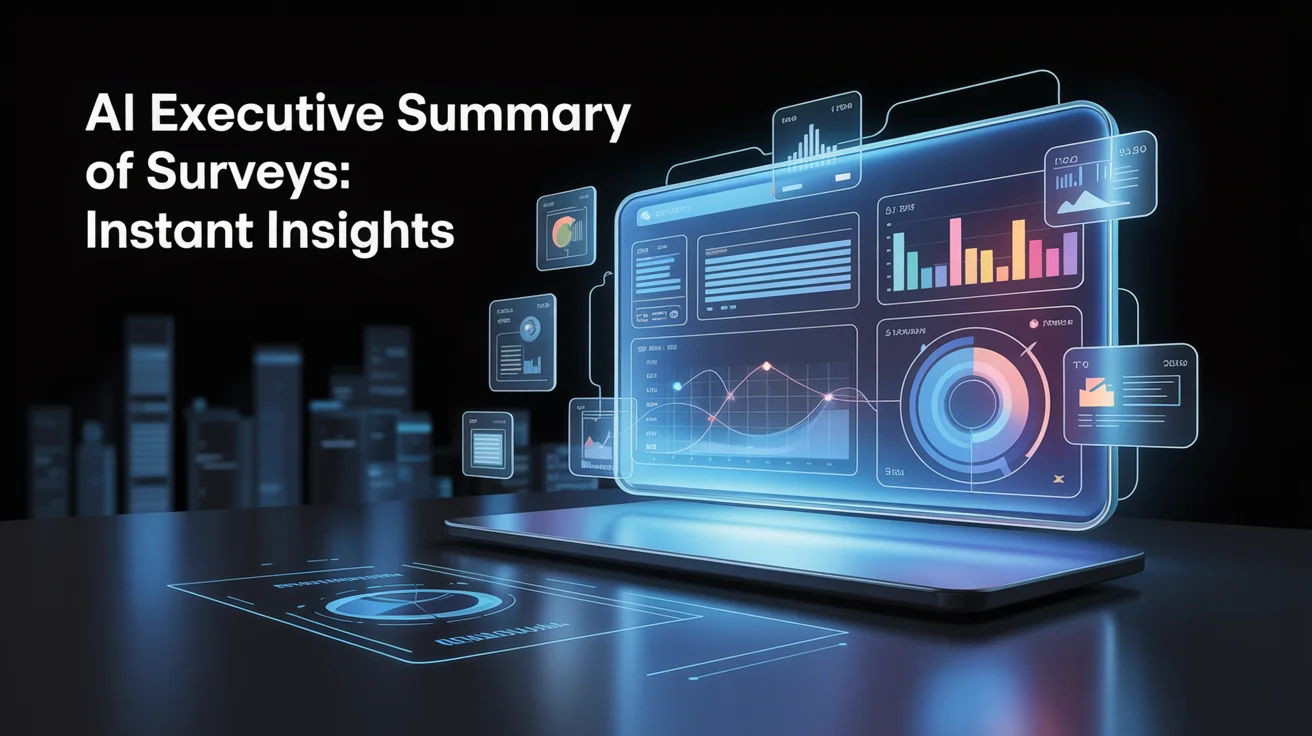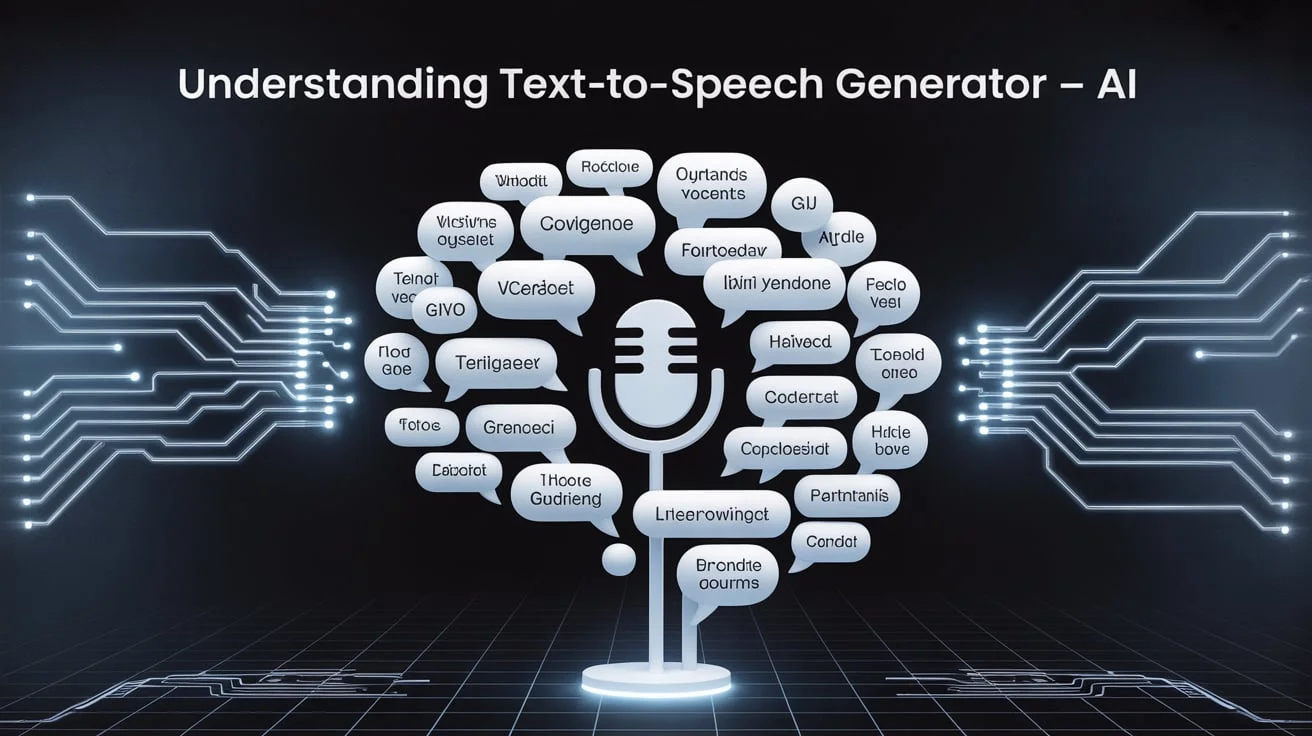The world is entering a revolution with AI in Healthcare: a new era. Technology is transforming the way we diagnose, treat, and prevent diseases. Artificial Intelligence (AI) is no longer a future concept. It is the present, bringing solutions that were once thought impossible.
In this blog post, we will examine how AI is revolutionising healthcare, enhancing patient care, and shaping the future of medicine. We will also see real-world examples and gain an understanding of why this change is important for everyone.
How AI is Transforming Healthcare
Artificial intelligence (AI) has brought about a significant shift in the healthcare industry. It helps doctors diagnose diseases more quickly and accurately. Machine learning algorithms can read X-rays, MRIS, and CT scans even better than the human eye in many cases.
Hospitals are now utilising AI-powered tools to manage patient data, predict outcomes, and inform treatment planning. These tools save time and improve patient safety. Robots powered by AI are even assisting in complex surgeries with precision.
The Role of AI in Medical Research

Medical research has traditionally been a lengthy and costly process. However, with AI in Healthcare: A New Era, researchers can now analyse large datasets in minutes. AI identifies patterns and predicts how diseases spread or how patients might respond to new drugs.
Drug development has become faster. AI helps find potential cures by analysing millions of chemical compounds. It saves years of work and millions of dollars. This means new treatments can reach patients sooner.
How AI Improves Patient Experience
AI is making healthcare more personal. Chatbots and virtual assistants are available to answer patient questions 24/7. They guide patients about symptoms, medications, and appointment schedules.
AI also helps monitor patients at home. Wearable devices track heart rate, blood sugar, and even sleep patterns. Doctors can get real-time data and adjust treatments as needed.
Here’s how AI is enhancing the patient experience:
- Personalised treatment plans based on patient history
- Early disease detection with predictive analytics
- 24/7 virtual support through AI chatbots
- Reduced waiting times at hospitals
- Continuous monitoring with smart wearables
Challenges and Limitations of AI in Healthcare
Although AI in Healthcare: A New Era brings hope, it also faces numerous challenges. Data privacy is a big concern. Patient information must be protected to maintain trust.
AI systems can also make mistakes if not trained properly. If the data used to train AI models is biased or incomplete, the resulting predictions may be inaccurate.
Another challenge is that AI cannot replace human doctors. Emotional support, ethical decision-making, and empathy are qualities that only humans can provide.
Future of AI in Personalised Medicine
Artificial intelligence (AI) is paving the way for personalised medicine. In the future, treatments will be designed not for a group but for each individual. AI will analyse genes, lifestyle, and environment to recommend the most effective therapies.
Doctors will no longer use the same treatment for all patients with the same disease. Instead, AI will predict which drug is most likely to be effective for a person. This approach is expected to increase treatment success and reduce side effects.
Ethical Concerns with AI in Healthcare
While AI offers numerous benefits, it also raises significant ethical concerns. Who is responsible if an AI system makes a wrong decision? How do we ensure that AI respects patient rights and dignity?
These questions are important because healthcare deals with human lives. Governments and healthcare organisations must establish robust guidelines to ensure the safe use of AI.
Real-Life Applications of AI in Healthcare
The use of AI in Healthcare: A New Era is not just theory. It is happening now in real hospitals and clinics. Here are some real-world applications:
- IBM Watson helps doctors diagnose rare cancers
- Google’s DeepMind predicts patient deterioration 48 hours in advance of traditional methods.
- AI robots assist surgeons in delicate operations, such as heart surgery.
- Chatbots like Ada help millions of people check symptoms at home.
- AI algorithms detect diabetic retinopathy from eye scans with 90 %+ accuracy.
AI in Mental Health Treatment
Mental health is one area where AI is making a quiet but strong impact. AI-powered apps help monitor mood changes, suggest therapy techniques, and even detect signs of depression early.
Some platforms offer virtual counselling sessions powered by AI. These solutions make mental health support more accessible, affordable, and less intimidating for many people.
How AI is Reducing Healthcare Costs
One major benefit of AI in Healthcare: A New Era is cost reduction. By accelerating diagnoses and automating routine tasks, AI alleviates the burden on healthcare workers. Hospitals can save money, and patients can get quicker, more affordable care.
Here are a few ways AI helps cut healthcare costs:
- Faster diagnosis, reducing unnecessary tests
- Automation of administrative tasks like billing
- Predictive models to prevent hospital readmissions
- Virtual nursing assistants reduce staff needs.
- Early disease detection prevents the need for expensive treatments later.
The Need for Human-AI Collaboration
Although AI is powerful, it must work in conjunction with humans, not replace them. Doctors bring empathy, critical thinking, and ethical judgment — things AI cannot replicate. The best future healthcare system will combine the speed of AI with the human touch.
Doctors and AI will work side by side. AI will do the calculations and data analysis, while humans will make final decisions, comfort patients, and explain options with compassion.
Final Thoughts:
AI in Healthcare: A New Era is about more than machines. It is about better, safer, and more human-centred healthcare. AI will not replace doctors, but rather enhance their abilities, making them even better at their jobs.
The future looks bright. With AI, diseases can be caught early, treatments can be personalised, and healthcare can become accessible to all. But we must move forward carefully, respecting ethical values and protecting patient trust.
By embracing AI responsibly, we open the door to a healthier world — one where technology and humanity work together for the betterment of all.
FAQs
Q1. What is AI in Healthcare?
AI in healthcare refers to the application of artificial intelligence technologies, including machine learning and data analytics, to improve medical diagnosis, treatment, and patient care.
Q2. How is AI transforming healthcare?
AI is helping doctors diagnose diseases faster, predict patient outcomes, assist in surgeries, personalise treatments, and automate hospital operations.
Q3. What are examples of AI in real healthcare settings?
Examples include IBM Watson for cancer diagnosis, DeepMind’s prediction of patient deterioration, AI robots assisting in surgeries, and AI-powered symptom checkers.
Q4. Can AI replace doctors in healthcare?
No, AI cannot replace doctors. It supports doctors by analysing data quickly, but human empathy, ethical judgment, and emotional intelligence remain irreplaceable.
Q5. Is AI safe to use in healthcare?
When properly trained and monitored, AI can be a safe and effective tool for use. However, ensuring data privacy, unbiased algorithms, and clear regulations is essential for safe AI use.




